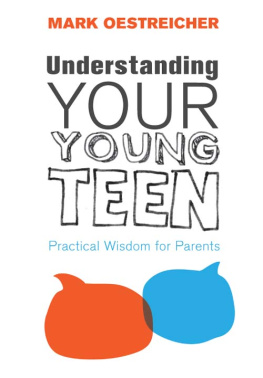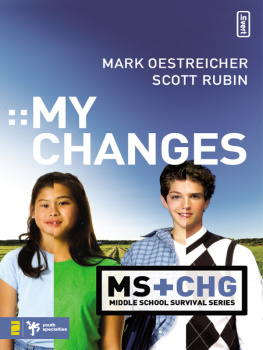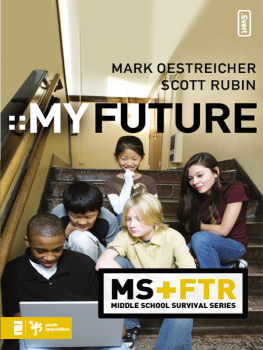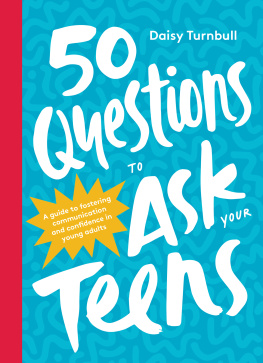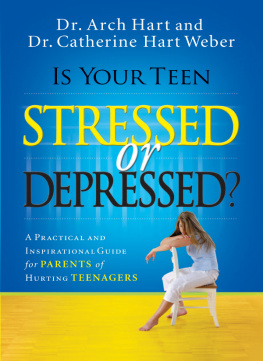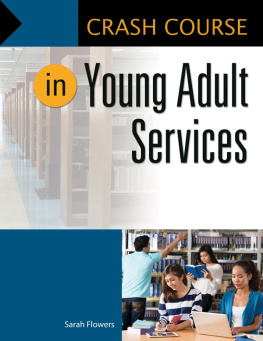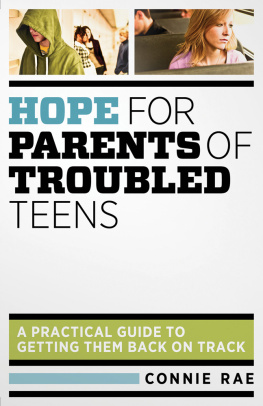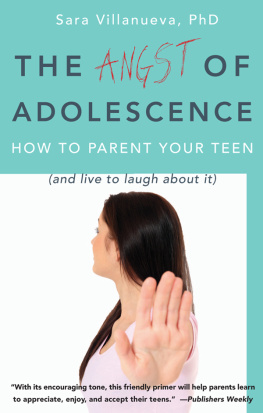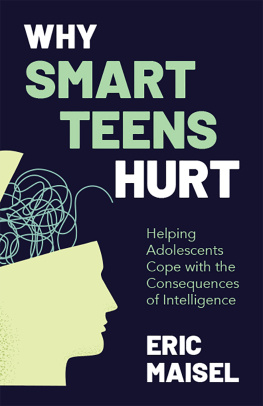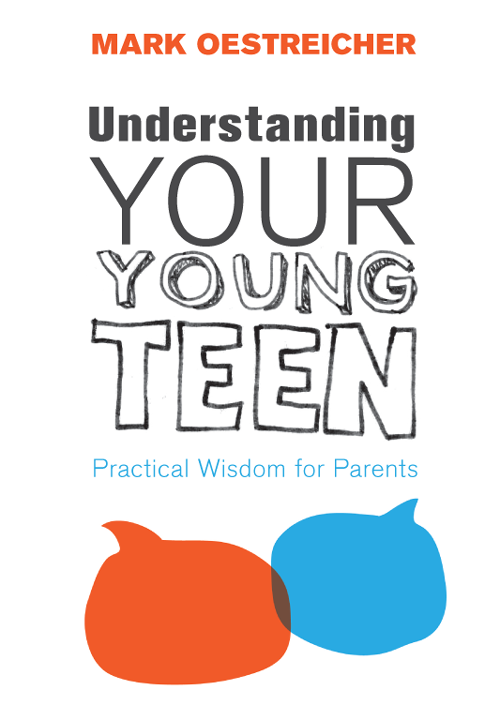T hirteen-year-old Tracy was a straight-A student and a happy kid.
She had loyal friends and a good relationship with her divorced mother, and seemed to be the embodiment of childhood innocence and happiness.
But all that changed, seemingly overnight. Tracy traded in her friends for new ones, and quickly moved into a life of sex, crime, violence (against others and herself), failing grades, and an off-the-charts belligerent attitude. Tracys mother, Melanie, was beside herself. She tried everything she could think of, from grounding to conversation, from yelling to begging. Nothing worked. How could this sweet girl shift so instantly into a young woman apparently bent on destroying her life?
That was the plot of the 2003 award-winning film Thirteen. Directed by Catherine Hardwicke, and co-written by Hardwicke and teenager Nikki Reed (who also co-starred in the film), Thirteen shocked audiences and won praise for its apparent honesty and unflinching this is how bad it can be look into the life of a modern-day teen. While the movie dismantled the myth that young teens are still children, it strongly reinforced an emerging myth: that young teens will, overnight in most cases, switch from sweet and innocent children to brooding, terrifying parental nightmares.
Maybe this is why Mark Twain famously said, When a child turns 12 you should put him in a barrel, nail the lid down and feed him through a knot hole. When he turns 16, plug the hole! Twain also wrote, When I was a boy of 14, my father was so ignorant I could hardly stand to have the old man around. But when I got to be 21, I was astonished at how much he had learned in seven years.
All this hoopla, all these myths, are constructed on an observable reality: Around the time of puberty, young teens begin a collection of radical changes, in body, mind, and soul. These changes can be horribly messyand are the source of deep angst and upheaval for parents and teens alike.
And this is why parents of young teens need a deeper understanding.
The middle school years (11 to 14 years old) are one of the most misunderstood and underappreciated developmental periods of human life. Young teens are misunderstood by adults in general, to be sure; and theyre misunderstood by churches more often than not. In my experience most conflict between parents and middle schoolers can be traced, after pulling back the onion-layers of behavior and tension, to a lack of understanding.
In most homes (whether Christian or not), middle schoolers are viewed either as children or as suddenly ready-for-the-world mini-adults. Of course, neither is fully true. We need a new and deeper understanding of the uniqueness of these transitionary years.
Culturally, theres been a massive shift in the last 20 years. As the age of puberty drops and youth culture becomes the dominant culture in our world, young teenagers are no longer living the waning years of an innocent childhood. Decisions that used to be the stuff of high schooldecisions that have enormous implications for the rest of lifeare now played out daily in the lives of 12- and 13-year-olds. This has dramatically changed the nature of parenting young teens.
Not long ago most youth workers would have agreed that the high school years were the make-or-break space for the critical formation of youth. My contention (and I realize Im biased by my calling and love for middle schoolers) is that this is no longer the case. These days, as a church youth worker, I often see high school ministry as being corrective in nature, while middle school ministry is now the make-or-break space (or preventive in nature). In the world of parenting teenagers, the middle school years set the direction, and parenting a high schoolermore often than notis about (or, should be about) staying the course and moving teenagers toward independence.
Theres a complicated and messy intersection of realities playing out in the world of young teens. Its the penultimate period of change in the lifespan of a human being, combined with two other factors:
A culture that obsesses about everything youthteenagers (including young teens) are marketed to more than ever and have a greater influence on adults than ever before (an influence weve granted them).
A culture flooded with informationanything and everything is readily available at the click of a mouse (and often thrust upon youth even without mouse-clicking).
Its unprecedented, really, howin a shockingly short span of yearsthe middle school years have become such an epicenter for activity with lifelong implications. Normally this kind of human developmental change takes place over centuries.
A Bit of My Own Story
Im writing this book from my life and experience, as well as my research. I write from my passion, and I hope this book has a conversational tone to it. Im not an academic, and this isnt intended to be a true academic bookthough I certainly hope itll be helpful in academic settings. Im a practitioner of middle school ministrya guy who feels a calling to this age group, and has worked with them for almost 30 years.
Really, Im just a guy who loves middle schoolers. They energize me. I find young teens to be life giving. I believe theyre fun and insightful and capable of so much more reflection and world-shaping than most people give them credit for. Every word in this book pours out of that perspective, that affection.
So I thought it might be helpful for you to know just a tiny bit of my own story
I grew up in youth group, in a large church in the Detroit area. My own experience in middle school (and high school) plays a huge role in my shaping and calling. I was a fairly lonely kid at school, but church (and, specifically, my churchs youth ministry) was a safe place of belonging for me. The youth ministry at my church also gave me ample opportunities to develop leadership, to try things and fail, and to experience grace.
By the time I was a senior in high school, I had a sense that I should become a youth pastor, and I went to college pursuing that call. My youth internship and volunteer work were mostly with middle school kids (perhaps by default, since I was so close in age to the high schoolers). And when my new wife, Jeannie, and I started volunteering in the youth ministry where Id eventually get my first paid role in ministry, the church had more need in the middle school area than in high school, so we ended up there.
I began working part time as a junior high pastor, and I quickly fell in love with it. As I worked with this age group more, I began to discover through both study and experience many of the realities expounded on in this book. Plus, my personality just seemed more akin to young teens than older teens. All that began to draw me into a sense of lifelong calling to young teen ministry.
I worked in a few more churches as a full-time junior high pastor. And along the way, my thinking about middle schoolers and middle school ministry was stretched and challenged and deepened. I made lots of stupid mistakes, learned how easy middle schoolers are to manipulate, and saw countless misconceptions played out and then smashed.

